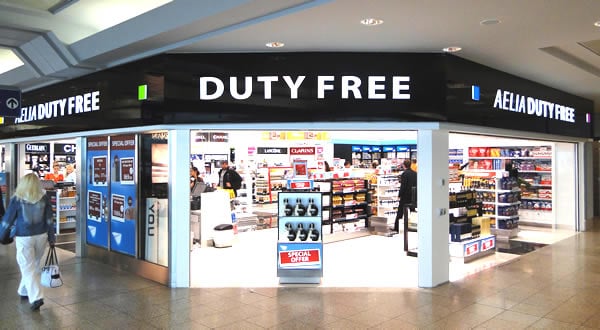
On average, business and IT decision makers from UK retail organisations admit to wasting over a quarter (26 per cent) of their working day on tasks that do not add critical value. This is according to Vanson Bourne research commissioned by Dropbox – “The State of Collaboration” – which revealed that monotonous admin is starving retailers of innovation.
Recognising the problem is a good start, with half (49 per cent) saying that increasing employee productivity is a main priority over the next 12 months. A further 78 per cent also admitted that the overall success of their organisation depends on them reinventing the way their teams collaborate both externally and internally. But in order to do this, the majority (82 per cent) said they need the ability to meet varying collaborative working needs of different teams.
“The pace of technological change has us racing around from morning until night, working every minute and attempting to squeeze as much as we can out of a day. With concerns about a burnout epidemic on the rise, the way we work needs to change,” said Adrienne Gormley, head of EMEA, Dropbox. “With decision makers being time poor, it is of paramount importance that organisations can reduce this waste and maximise the amount of time that their employees are allocating towards creative and business critical activities.”
For more than eight-in-10 (84 per cent), if their organisation wants to promote innovation, they must create physical and digital time and space to do so. Furthermore, a similar number (87 per cent) said that creating the right environment for innovation is critical for helping their organisation stay competitive in the future – something that has never been more important than now for retailers navigating the current retail landscape. As part of this, 87 per cent acknowledge that creating a good experience for their customers must start by creating seamless workflows both internally and externally.
Although moving towards a more collaborative working culture will not be simple, the research found that a connected workspace, which brings together people, tools, content and the conversations around them, can lay the groundwork for a collaborative culture, whilst driving retailers forward in the process. In fact, 84 per cent say a connected workspace that does all of these things will improve business results and the way their teams work by increasing employee productivity (52 per cent), improving employee satisfaction (55 per cent) and customer service (49 per cent).
“There are so many upsides to implementing a collaborative working culture, and the organisations who recognise this and take timely action to encourage it, will find themselves ahead of those who fail to recognise the importance,” said Adrienne, “but as much as the prospect of a streamlined, focused future is appealing, it is clear that businesses first need to stop, hit re-start, and work with solutions that reduce the noise, not add to it.”








Share